SUMMARY
This is AI generated summarization, which may have errors. For context, always refer to the full article.
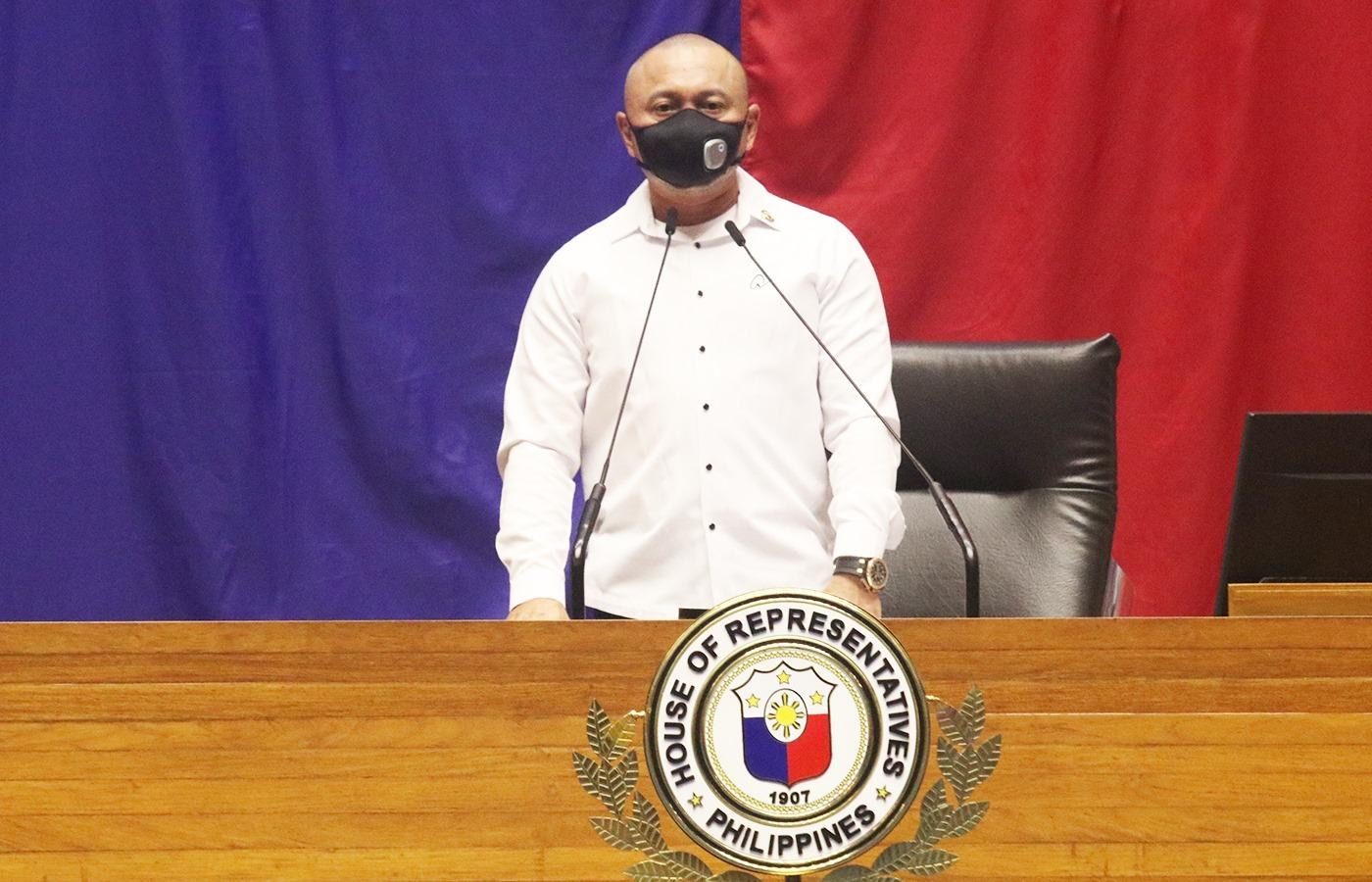
MANILA, Philippines – The Anti-Terrorism Council (ATC) defended its decision designating Arnolfo “Arnie” Teves Jr. as a terrorist on Tuesday afternoon, August 1.
Assistant Secretary Mico Clavano said during a press conference that the designation was based on “compelling” evidence against Teves and 12 others referred to in the resolution as the “Teves Terrorist Group.”
Teves is the suspected mastermind in the assassination of then Negros Oriental governor Roel Degamo and nine others in Pamplona town last March 4.
However, Clavano acknowledged that the process for designating someone as a terrorist was faster than the traditional court process.
He said, “There’s a difference between the threshold of evidence required in the ATC and the preliminary investigation,” explaining that the threshold is lower for designation, only requiring probable cause.
“The process for designation moves a little faster since the nature of designation is purely an executive act,” Clavano added.
Previously, the anti-terror council had reserved terrorist designations for red-tagged activist groups and armed extremist groups.
This marked the first time an elected official and his alleged cohorts were designated as terrorists.
Those who signed the ATC resolution were: Executive Secretary Lucas Bersamin, ATC chairman; National Security Adviser Eduardo Año; and Ricardo de Leon, director general, National Intelligence Coordinating Agency, and head of the ATC secretariat.
Although the ATC did not disclose its next steps, this designation means that anyone labeled a terrorist could have their assets frozen.
Besides Teves, the ATC named his brother, Pryde Henry, the former Negros Oriental governor, as well as seven suspected gunmen and four others, as terrorists.
Designating Teves as a terrorist, who has been out of the country since February and chose not to return following the Degamo assassination, might prompt United Nations member states, if he’s found within their jurisdiction, to hand him over to the Philippines, even without a pending warrant of arrest.

Killings in Negros Oriental ‘not isolated’
In a statement, the ATC asserted that the designation aimed to highlight that the killings in Negros Oriental were not “isolated” incidents but were instead planned and well-organized.
“We wish to emphasize that the killings in the Province of Negros Oriental must not be taken as isolated incidents of violence unrelated to each other. These killings reveal an unmistakable pattern of being meticulously planned and executed to ensure the maximum effect on the population of Negros Oriental,” the statement read.
“The evidence compels us not to treat the killings, abuses, and the acquisition of high-powered firearms and explosives as independent and isolated crimes because these acts are not committed just to cause injury to people or to grab property. These violent acts were motivated by the underlying objectives to intimidate the residents of Negros Oriental and to create an atmosphere of fear and spread a message of fear,” it added.
Killings have been a perennial struggle on Negros Island due mainly linked to political and economic instability and land issues.
But the novel use of the anti-terror law also has implications for other politicians, especially those in the countryside who continue to use private armed groups to maintain political dominance.
“The tragic incident on March 4, 2023, which claimed several lives and left many others injured, is a stark reminder of the threat posed by private armed groups within our country,” the ATC emphasized.
Teves, through his lawyer Ferdinand Topacio, claimed that he believed the designation was the weaponization of the use of the anti-terror law.
“The agencies of government, having eggs on their faces due to the recantation of all key witnesses, lack of evidence against Rep. Teves, the public backlash against his obvious persecution, and the embarrassing failure of the authorities in bullying him into returning to the country in spite of grave and serious threats to his life, has expectedly weaponized the Anti-Terror Act by using it for the purpose for which it was not designed,” Topacio said.
“One only has to read the reasoned decision of the Supreme Court on this matter to know this to be true,” he added. – Rappler.com
Add a comment
How does this make you feel?
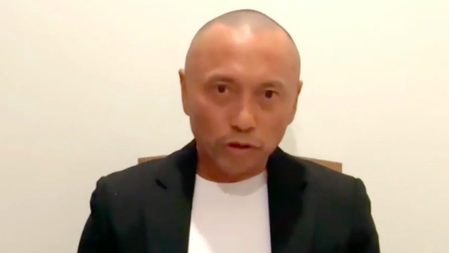

![[Be The Good] In Negros, a bloody day remembered](https://www.rappler.com/tachyon/2024/03/Degamo-killing-first-year-commemoration.jpg?resize=257%2C257&crop=155px%2C0px%2C720px%2C720px)
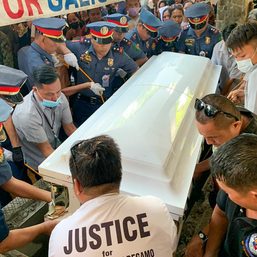
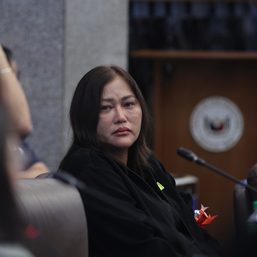
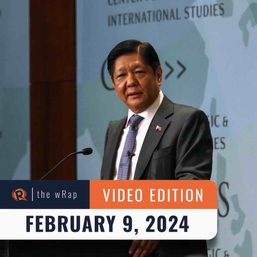



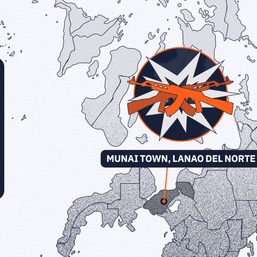
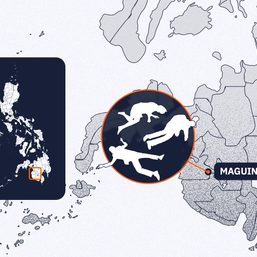
There are no comments yet. Add your comment to start the conversation.